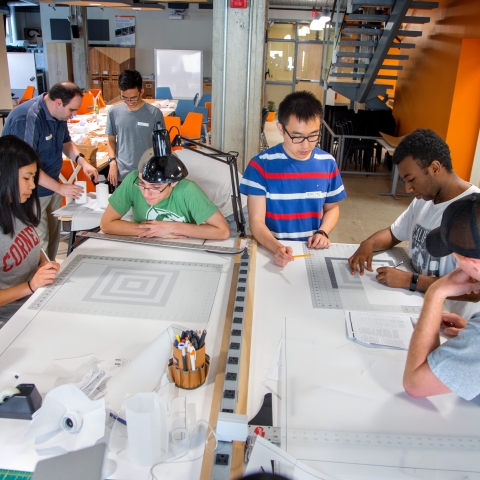 Sustainability Research
Sustainability Research
Cornell is proud to integrate sustainability research on campus with 30% of the institution’s faculty and staff researchers engaged across 67 departments.
The Cornell Atkinson Center for Sustainability works to identify and advance inter-disciplinary sustainability research and initiatives at Cornell and with external partners. Cornell Atkinson has 517 faculty fellows, researchers across all colleges at Cornell, whose work is related to sustainability. The Faculty Fellow Browser may be navigated by research topic or organization.
Other sustainability research at Cornell:
Cornell University Agricultural Experiment Station
NYS Agricultural Experiment Station
